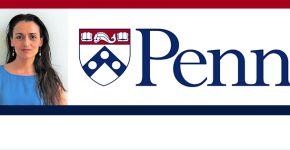Month: February 2016
-
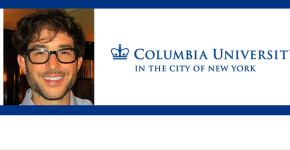
Justin Mankin, Columbia University – Declining Snowpacks
Ski resorts aren’t the only ones that depend on a good base of snow in the winter. Justin Mankin, a postdoctoral fellow at Columbia University, describes how a changing climate may change the way cultures get their water in the spring and summer. Mankin is a climate scientist jointly appointed at Lamont-Doherty Earth Observatory and…
-

This Week on The Academic Minute (2016.2.29)
This Week on The Academic Minute 2016.2.29 Monday, February 29 Justin Mankin of Columbia University explores how a declining snowpack can affect a region or culture. Tuesday, March 1 David Badre of Brown University discusses executive functions and why some people have a hard time doing normal tasks. Wednesday, March 2 Anna Sosa of Northern Arizona…
-

The Academic Minute for 2016.2.22-2.26
Academic Minute from 2.22 – 2.26 Monday, February 22 Sandra Gonzalez-Bailon – University of Pennsylvania Slacktivism Sandra González-Bailón is an Assistant Professor at the Annenberg School for Communication, affiliated faculty at the Warren Center for Network and Data Sciences, and research associate at the Oxford Internet Institute. She completed her doctoral degree in Nuffield College…
-
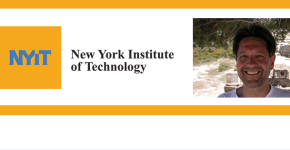
Nikos Solounias, New York Institute of Technology – Giraffe Necks
How did giraffes get such long necks? Nikos Solounias, professor of anatomy at the New York Institute of Technology, explains the evolution of this iconic feature. Nikos Solounias is a professor of anatomy at NYIT College of Osteopathic Medicine. An expert in modern and paleontological ungulate anatomy and biology, he has more than 40 years…
-
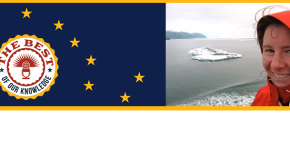
Emily Lescak featured on The Best of Our Knowledge
As always, host Bob Barrett selects an Academic Minute to air during The Best of Our Knowledge. Each week this program examines some of the issues unique to college campuses, looks at the latest research, and invites commentary from experts and administrators from all levels of education. For this week‘s edition (#1327), Bob has selected Dr.…
-
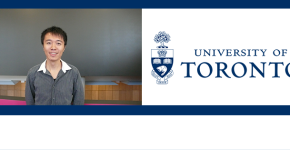
Spike Lee, University of Toronto – A Cultural Look at Moral Purity
The definition of purity doesn’t change across cultures, but ideas about the processes of purification do. Spike Lee, associate professor at the Rotman School of Management at the University of Toronto, explores how different cultures consider purity…and morality. Spike W. S. Lee is an Assistant Professor of Marketing at the University of Toronto’s Rotman School…
-
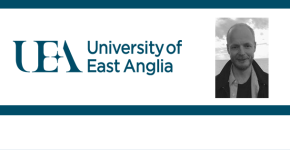
David Hugh-Jones, University of East Anglia – Honesty Across Cultures
If you’re looking for honesty, not all countries are alike. David Hugh-Jones, senior lecturer in economics at University of East Anglia, explains his research into honesty across cultures. David Hugh-Jones is a Senior Lecturer at the School of Economics. He holds a PhD in Government from the University of Essex where he was based as…
-
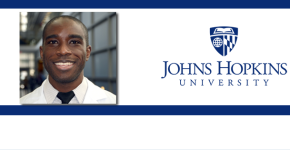
Timothy Amukele, Johns Hopkins University – Drones Improving Medical Access
How do you get medical samples from one place to another in places without roads? Timothy Amukele, assistant professor of pathology at Johns Hopkins University, explores the use of drones to help alleviate this problem. Dr. Timothy Amukele is an assistant professor of pathology at the Johns Hopkins University School of Medicine. He is also…
-

This Week on The Academic Minute (2016.2.22)
This Week on The Academic Minute 2016.2.22 Monday, February 22 Sandra Gonzalez-Bailon of the University of Pennsylvania explores if slacktivism online makes a difference in the real world. Tuesday, February 23 Timothy Amukele of Johns Hopkins University discusses how drones can improve medical access in poorer countries. Wednesday, February 24 David Hugh-Jones of the University of…

